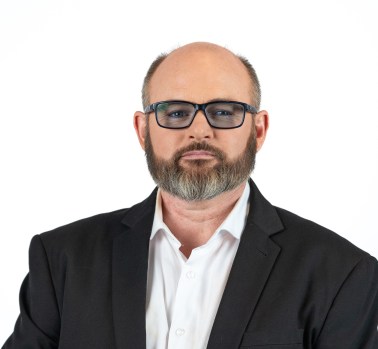Children with disabilities will fall through the cracks of the upcoming NDIS reforms, say advocates.
With a week to go before major changes are implemented to the National Disability Insurance Scheme on 1 July, there are widespread concerns foundational support services intended for children with milder disabilities who are not eligible for the NDIS will be unavailable.
A key recommendation of the NDIS Review, foundational supports are especially relevant for autistic children and people with psychosocial disability.

However, Mark Butler – whose health and aged care portfolio has been expanded to encompass the NDIS – announced that foundational supports will not be available from 1 July as promised and have instead been delayed until the end of the year while funding arrangements are negotiated with state governments.
The delay has created uncertainty in the community about when and how these essential supports will become available, says national peak People With Disability Australia.
“Many people with disability who are not eligible for the NDIS still have real and ongoing support needs,” PWDA president Trinity Ford said. “These foundational supports will hopefully create a more inclusive and equal network of disability supports. But delays and uncertainty around the rollout’s details, timelines and codesign mean people with disability are still waiting – unsupported and without answers.”

Disability advocate River Night says the uncertainty has left the community without “faith and trust” in the sector. “The state health system is going to rapidly absorb psychosocial supports with allied health professionals and direct support staff without a plan, funding agreement or rollout. The sector is throwing children and adults into a period of stress.”
Responding to the concerns, a spokesperson for the Department of Health, Disability and Ageing told GN the Australian Government is committed to building a strong system of disability supports “for both NDIS participants and non-participants”.
This includes establishing additional, co-funded foundational supports. “The Australian Government and state and territory governments are continuing to prioritise joint work to finalise the design and implementation arrangements for additional foundational supports for people with disability and their families,” said the spokesperson.
“The government is actively working towards reaching an agreement with state and territory governments on health and disability reforms over the course of this year,” they added. “The final timing of the health and disability reform elements is subject to the agreement of all jurisdictions.”
NDIA executive resigns
Shortly after Butler announced the delay in providing foundational supports, National Disability Insurance Agency senior executive Corrie McKenzie resigned. Perceived as a champion of codesign, McKenzie’s departure reportedly sent ripples through Australia’s disability community.

For people navigating the NDIS, McKenzie’s exit signals “the erosion of trust”, says disability journalist David McManus. “[McKenzie] was widely seen as someone who pushed back against bureaucratic inertia and understood that good support depends on listening, not assumptions. Her role in leading codesign initiatives gave participants a sense that their voices might finally shape policy,” says McManus, writing for Disability Support Guide. “Now, with McKenzie gone, many worry that codesign will become an empty buzzword – an illusion of inclusion, rather than genuine collaboration.”




Leave a Reply